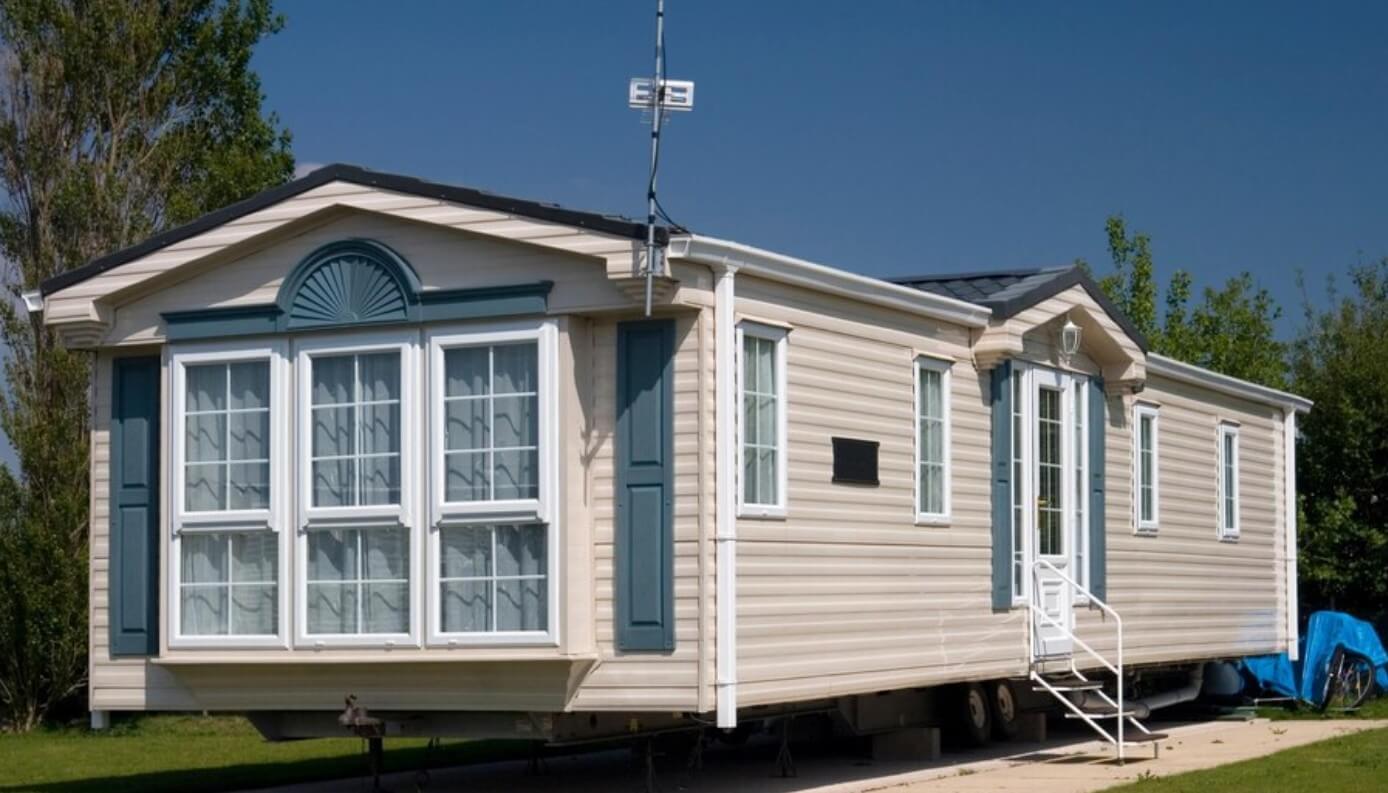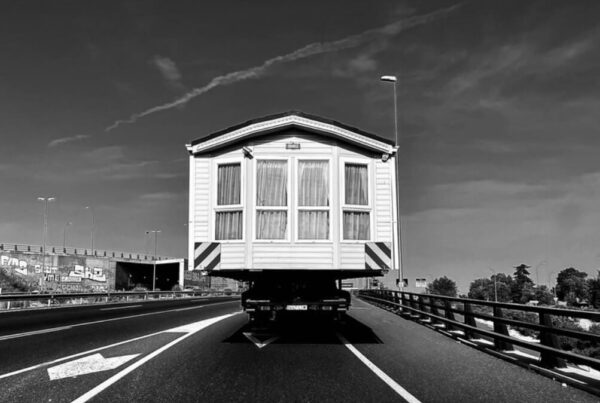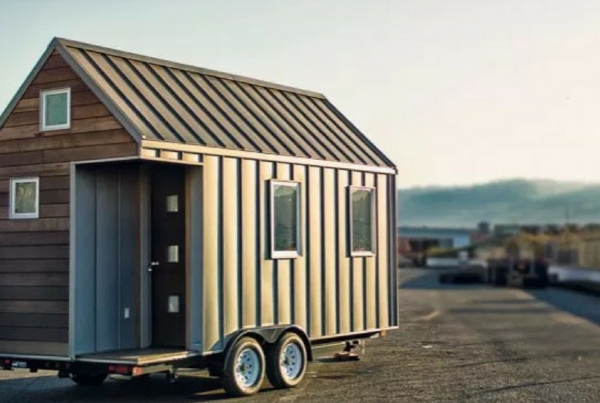Old mobile homes for rent don’t last forever. Leaky roofs, busted pipes, or shaky floors make them unlivable. What Happens to Old Mobile Homes For Rent After They’re No Longer Habitable? Landlords and tenants face tough choices. Do you fix, remove, or abandon them? This post explains the fate of these homes, understanding the mobile home rental regulations, and abandoned mobile homes for rent. Let’s get started!
Why Mobile Homes Become Uninhabitable
First, let’s look at the problem. Mobile homes wear out. Storms, age, or neglect take a toll. Mold grows. Wiring fails. Floors rot. Tenants move out, and repairs cost too much. Once a home’s no longer safe or comfy, it’s done. So, what’s the next step? Keep reading!
Option 1: Demolish and Remove
Demolition is a common choice. It clears the lot for new use.
How It Works
Hire a crew or do it yourself – Washington free mobile home removal offers professional services. Pros use excavators to tear it down fast, often in a day. You need permits first. Check mobile home rental regulations. Then, haul debris to a landfill or recycle metal and wood. Costs run $3,000 to $10,000 for pros.
Pros of Demolition
- Fresh Start: Empty land sells better or fits a new home.
- No Repairs: Skip fixing a money pit.
- Boosts Value: Clean lots attract buyers.
Cons of Demolition
- Expensive: Permits and labor add up.
- Hazards: Asbestos or lead needs special care.
- Time: Permits and cleanup take weeks.
Option 2: Abandon the Home
Some landlords leave abandoned mobile homes for rent. This happens when costs outweigh benefits.
What Happens
The home sits empty. It becomes an eyesore. Vandals might break in. Weeds grow. Local laws often step in. Many areas fine owners for neglected homes—$500 or more. Eventually, the city might demolish it and bill you.
Why It’s Risky
Abandoning the break mobile home rental regulations. Fines pile up. Neighbors complain. Plus, it lowers your land’s value. It’s a losing move.
Tip: Act Fast
Don’t let it sit. Check local rules and take action to avoid penalties.
Option 3: Donate It
Mobile home donation gives the home to a charity or family. It’s less common but possible.
How It Works
Find a program like Habitat for Humanity. They take usable homes. The home must be livable—minor fixes okay. They might cover moving costs. You sign over the title and get a tax receipt.
Pros of Donating
- Helps Others: Supports affordable housing.
- Tax Break: Deductions save money.
- Clears Space: No demolition hassle.
Cons of Donating
- No Cash: You don’t earn a profit.
- Condition Rules: Badly damaged homes don’t qualify.
- Limited Options: Programs aren’t everywhere.
Option 4: Sell for Parts
If the home’s a wreck, sell its pieces. It’s a last resort.
How It Works
Strip out usable parts doors, windows, or metal. Sell them to scrap yards or builders. You might get $500 to $2,000. Then, demolish what’s left or haul it away.
Pros of Selling Parts
- Some Cash: Better than nothing.
- Recycles: Keeps stuff out of landfills.
- Quick: Parts sell fast.
Cons of Selling Parts
- Low Return: Not much profit.
- Labor: Stripping takes effort.
- Disposal: You still handle leftovers.
Legal Stuff to Know
Mobile home rental regulations vary. Most areas need permits for demolition. You must cut utilities power, water, gas before starting. Check for liens or ownership issues. Hazards like asbestos require proper removal. Breaking rules brings fines or delays.
Tip: Call Your County
Ask about local laws. They’ll guide you on permits and disposal.
Read more: How to Remove Skirting on Mobile Home?
Real-Life Example
Take Jane, a landlord in Georgia. Her rental mobile home got too old. Tenants left. The repairs cost $8,000 too much. She donated it to a charity. They moved it for free, and Jane saved $3,000 on taxes. But as you know, all the costs depend on requirements. Her lot’s now clear for a new home. Donation worked for her, your case might differ!
Read more: Depreciation of a Mobile Home
Final Thoughts
What Happens to Old Mobile Homes For Rent After They’re No Longer Habitable? Old mobile homes for rent don’t just vanish when they’re unlivable. Demolish for a clean lot, donate to help others, sell parts for cash, or risk fines by abandoning. Each has its ups and downs. Check local mobile home rental regulations and act smart. Ready to clear that home? Pick the path that fits!






